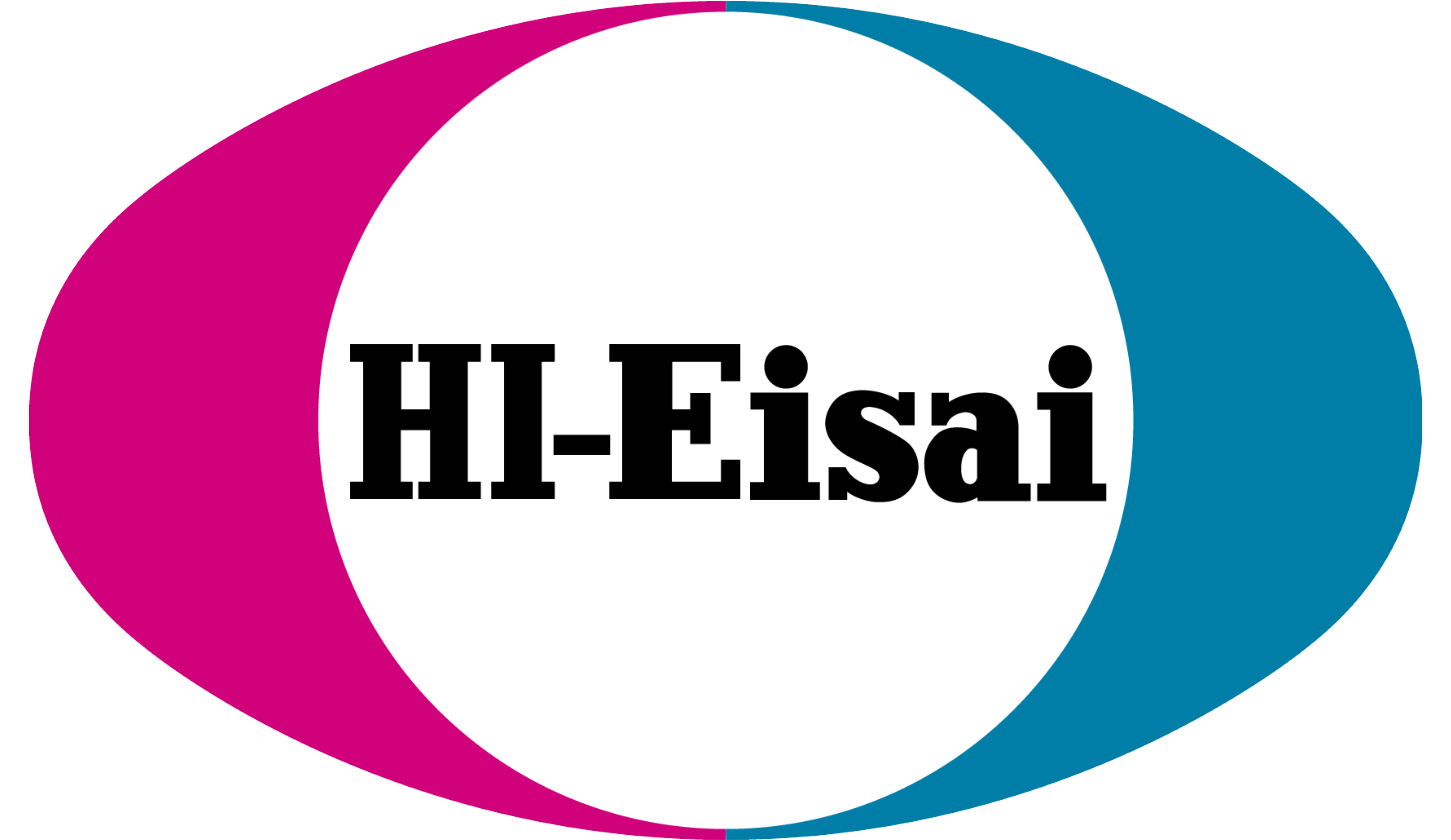Caregiver Tips for Epilepsy
Caring for someone with epilepsy can be challenging, but with the right knowledge and support, you can help ensure their safety and well-being. Here are some tips for caregivers of individuals with epilepsy:
Educate Yourself: Learn about epilepsy, including the types of seizures, triggers, and treatments. Understanding the condition can help you provide better care and support.
Create a Seizure Action Plan: Work with the person’s healthcare team to develop a seizure action plan. This plan should include steps to take during a seizure, contact information for Doctors, and instructions for when to seek emergency medical help.
Ensure Medication Adherence: Help the person take their medication as prescribed. Set up reminders, use pill organizers, and keep track of refills to ensure they have an adequate supply of medication.
Identify and Minimize Triggers: Help the person identify and avoid triggers that may increase their risk of having a seizure. Common triggers include stress, lack of sleep, flashing lights, and certain medications.
Promote a Healthy Lifestyle: Encourage the person to maintain a healthy lifestyle, including eating a balanced diet, getting regular exercise, and getting enough sleep. These habits can help reduce the frequency and severity of seizures.
Ensure Safety: Make modifications to the person’s environment to reduce the risk of injury during a seizure. This may include padding sharp corners, installing safety rails, and avoiding activities that could be dangerous during a seizure.
Stay Calm During Seizures: If the person has a seizure, stay calm and reassure them. Protect their head and move any nearby objects out of the way to prevent injury. Do not restrain them or put anything in their mouth.
Seek Support: Caregiving can be stressful, so it’s important to seek support from friends, family, or support groups. Connecting with others who understand what you’re going through can be helpful.
Be Prepared for Emergencies: Keep emergency contact information and a list of medications handy. Consider taking a first aid course to learn how to respond to seizures and other emergencies.
Monitor and Communicate: Keep track of the person’s seizures, medication adherence, and any changes in their condition. Communicate regularly with their healthcare team to ensure they are receiving the best possible care.
Caring for someone with epilepsy requires patience, understanding, and a willingness to learn. By following these tips and working closely with the person’s healthcare team, you can help ensure they receive the support and care they need to manage their condition effectively.






